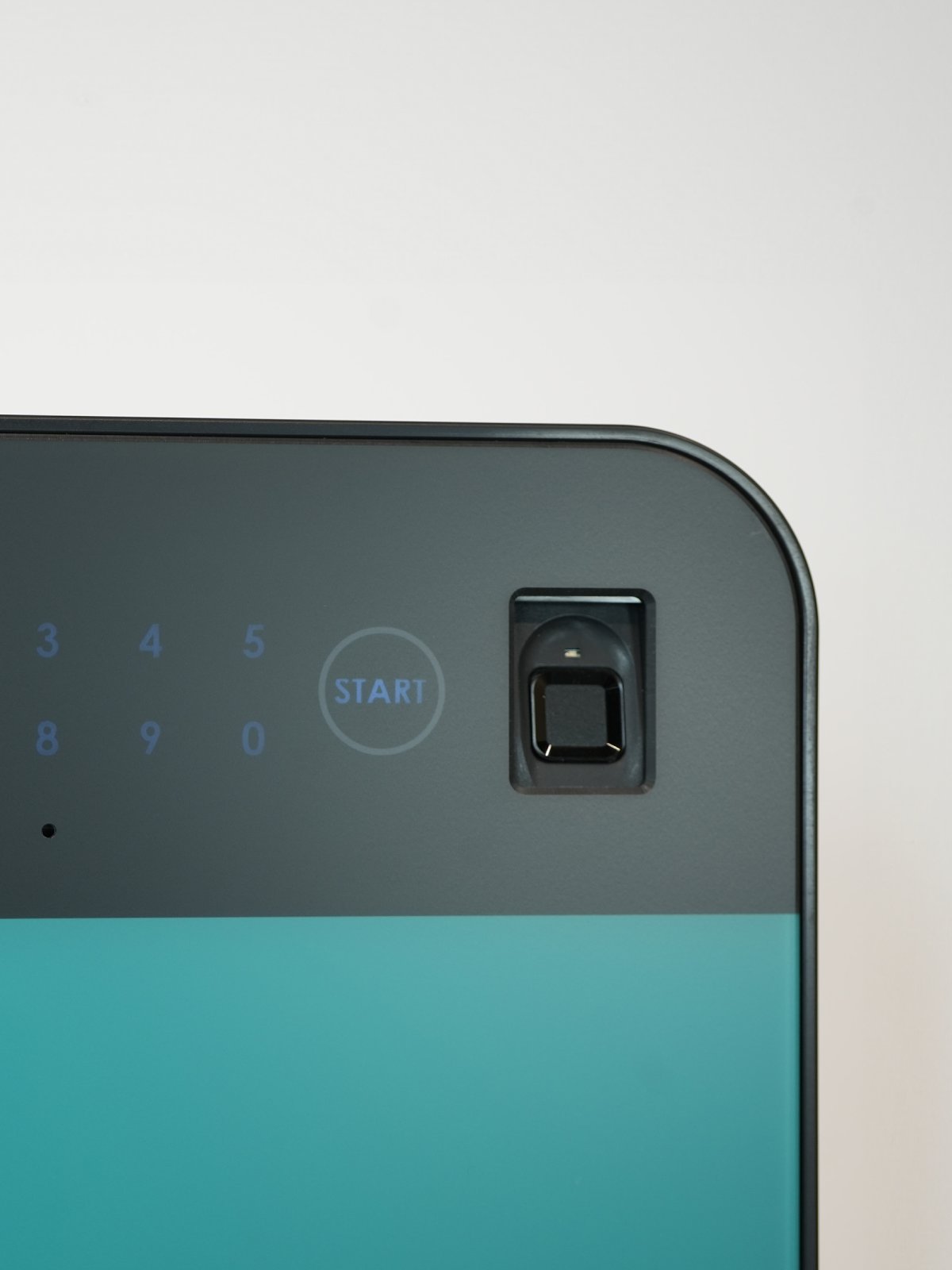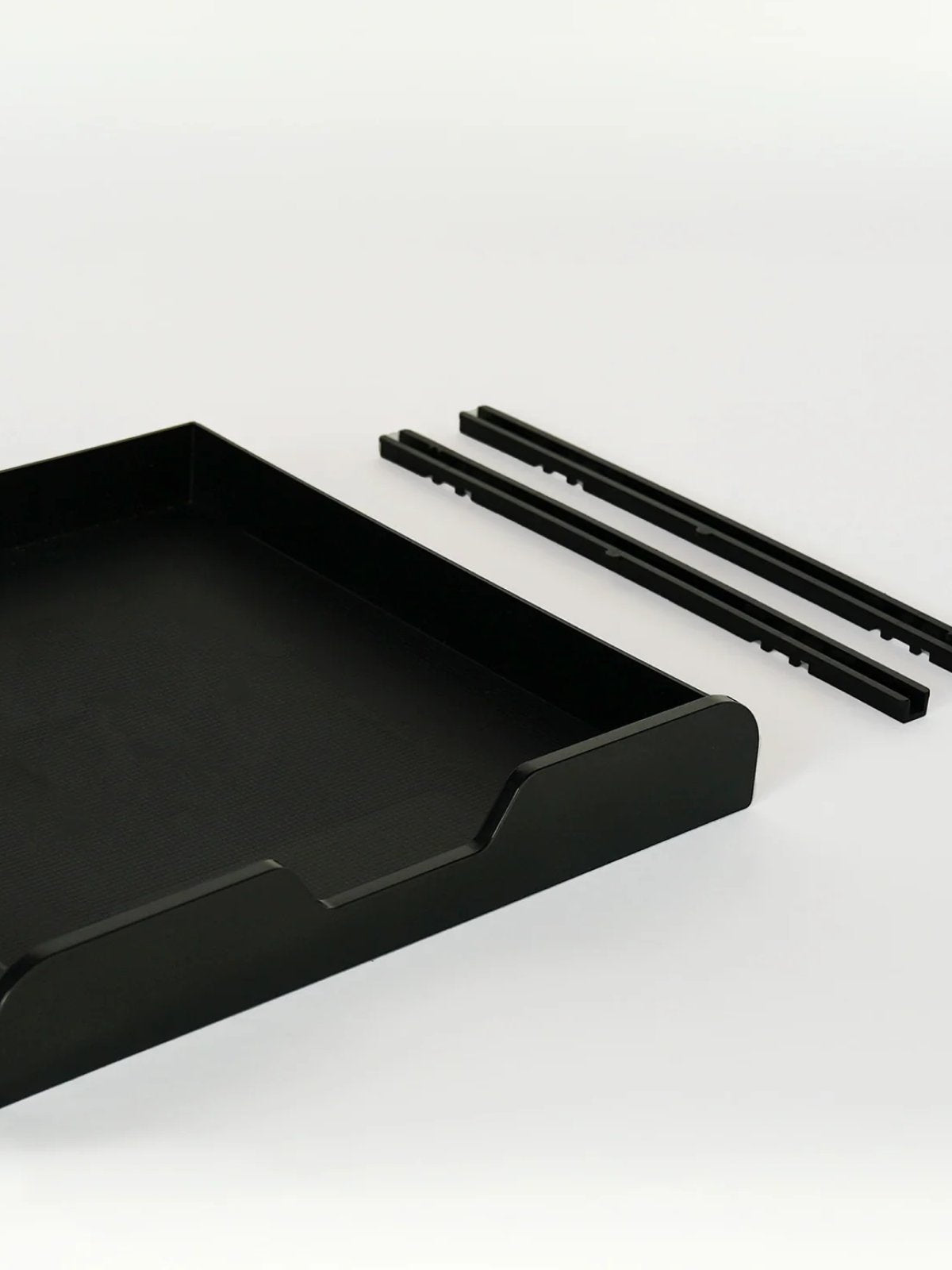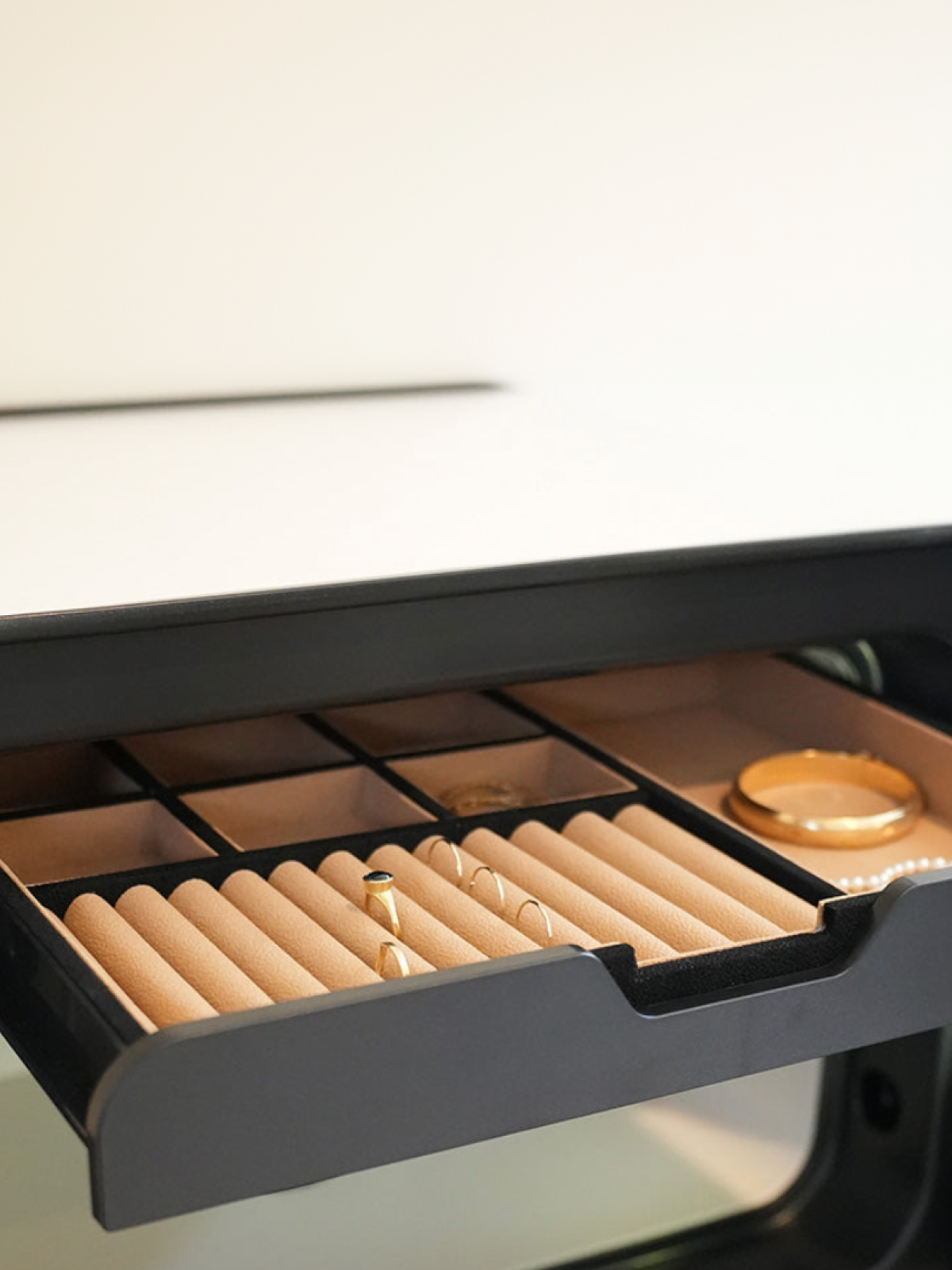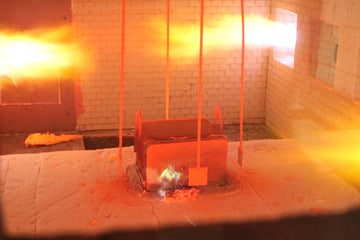Fireproof home safes are engineered to protect valuable documents, passports, social security cards, photographs, jewelry, crypto passwords, hard drives, and other important items from the damaging effects of fire. But are fire safes worth it? Do fireproof safes work? As with most questions, the answers are more complicated than a simple yes or no. Let's dive into it.
The Basics - how are fireproof safes made?
Small fireproof safes are typically constructed of steel walls and a fire-resistant insulating material. This insulation slows down the rate at which heat penetrates the safe, protecting the contents of the small safe. Many companies cut cost in the construction of fireproof safes by using thinner steel or only using one layer of steel. They may also use fireboard or something similar as the insulating material instead of a poured concrete formulation. In a fire, this board material can release toxic chemicals, which are dangerous to inhale and can corrode the contents of the safe. Cocono safes are built with two layers of steel that surround a proprietary concrete formulation. Using this poured construction provides greater fire protection than using a board and also improves the level of burglary protection. We'll elaborate on other benefits of this construction later in this article
Explore Cocono Fireproof Safes
Key factors that impact effectiveness of fireproof safes:
- Fire resistance rating: This rating indicates the length of time a small fire resistant safe can withstand exposure to a specific temperature in a standardized fire test. Higher ratings generally offer greater protection. We recommend choosing a safe with independent certification of fire protection. Cocono fireproof safes provide a certified 90 minutes of protection, and have been independently tested by the respected RISE Research Institute of Sweden.
- Safe contents: The nature of the items you intend to protect plays a crucial role in selecting the appropriate fireproof safe. Paper documents are more sensitive to heat than, say, a steel figurine. Each Cocono small fireproof safe is designed to keep the interior below 177°C (350.6°F) for at least 90 minutes, which is lower than temperature at which paper chars.
How do fireproof safes work?
Fireproof safes work through a combination of heat insulation (keeping heat out of the fire safe) and heat dissipation (lowering the overall temperature of the fire safe).
- Heat insulation: The walls of a fire resistant safe are typically constructed of two layers of steel, which sandwich a layer of insulation. As we mentioned before, some companies cut cost by only using one layer of steel. When selecting a fireproof safe, be sure to look at the body and door of the safe. The insulating material within the walls of these small safes for home acts as a barrier against heat transfer. The insulation can be constructed out of a few different materials – such as fireboard, gypsum, or poured insulation. Poured insulation provides the highest level of protection from heat, and has the added benefit of increasing the heft and security of the safe.
- Heat dissipation (poured insulation only): Some safes – including Cocono biometric safes – contain poured insulation that releases moisture when heated to extreme temperatures. The moisture will not penetrate the interior of the safe, but instead evaporates off of the safe during a fire. The moisture is released from the insulation as steam, which also aids in cooling the safe in event of a fire. During this process the molecules of water in the steam carry some of the heat away from the safe, thereby maintaining a lower internal temperature.
Important considerations:
- Installation: Where is the best place to keep a fireproof safe? While Cocono fireproof safes will provide substantial fire protection wherever they are placed, to get the full benefit of the Cocono safe fire ratings, these small fireproof safes should be anchored properly into a concrete foundation. Cocono safes come with all the necessary hardware and instructions to do this, and installation can be completed in under an hour.
- Limitations: Even the best small fireproof safes have limitations. When considering which fireproof safe is right for you, make sure to review which specifications are right for your situation. Read our comparison of popular small fire resistant safes here.
In conclusion, small safes for home - particularly small fire resistant safes - can offer valuable protection for your important documents and valuables in the event of a fire. Make sure to choose a safe with an appropriate fire resistance rating for your specific needs and to understand the limitations of this type of protection.
We combined our decades of industry experience and knowledge of safe manufacturing to design and engineer Cocono Fireproof Safes to provide exceptional fire protection. Check out individual safe models to learn more.




